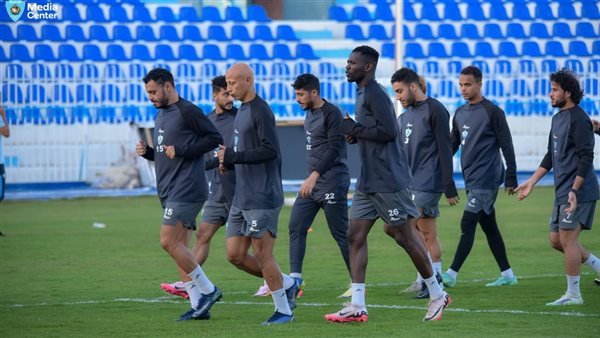Tuesday 03/December/2024 – 04:20 PM
Alaa Farouk Wazir confirmed Agriculture And land reclamation, the problem of desertification is one of the most important challenges facing human existence on the surface of the planet Earth, as it represents a major and complex challenge if the repercussions resulting from the loss of biodiversity and climate change are taken into account.
Minister of Agriculture: We bridge the water gap by reusing and recycling 21 billion cubic meters of water
This came during his speech at the meetings of the States Parties to the United Nations Convention to Combat Desertification COP16, currently held in the capital, Riyadh, in the Kingdom of Saudi Arabia.
The Minister of Agriculture said that global statistics indicate that 40% of agricultural lands globally have become degraded, and the world needs unprecedented huge efforts to rehabilitate more than 5 million hectares by 2030 so that the goals of neutralizing land degradation can be achieved.
The Minister pointed out that drought has become more severe and more frequent since the year 2000, bringing its impact to 29% of the world’s area. Global statistics also confirm that about a billion people under the age of 25 live around the world in areas affected by drought and desertification, pointing out that these phenomena It directly affects their daily lives, especially those who work in agriculture and food production.
Farouk explained that Egypt faces a set of challenges related to water, as Egypt comes at the top of the list of arid countries as it is the country with the least amount of rain falling on it, which amounts to 1.3 billion m3 / year. Egypt also relies almost absolutely on The Nile River has at least 98% renewable water resources, with total water resources amounting to about 60 billion cubic meters, while total water needs reach about 114 billion cubic meters annually for all sectors, including food production.
He added that the gap is being filled by reusing and recycling about 21 billion cubic meters, in addition to importing more than 34 billion cubic meters of virtual water in the form of food products.

